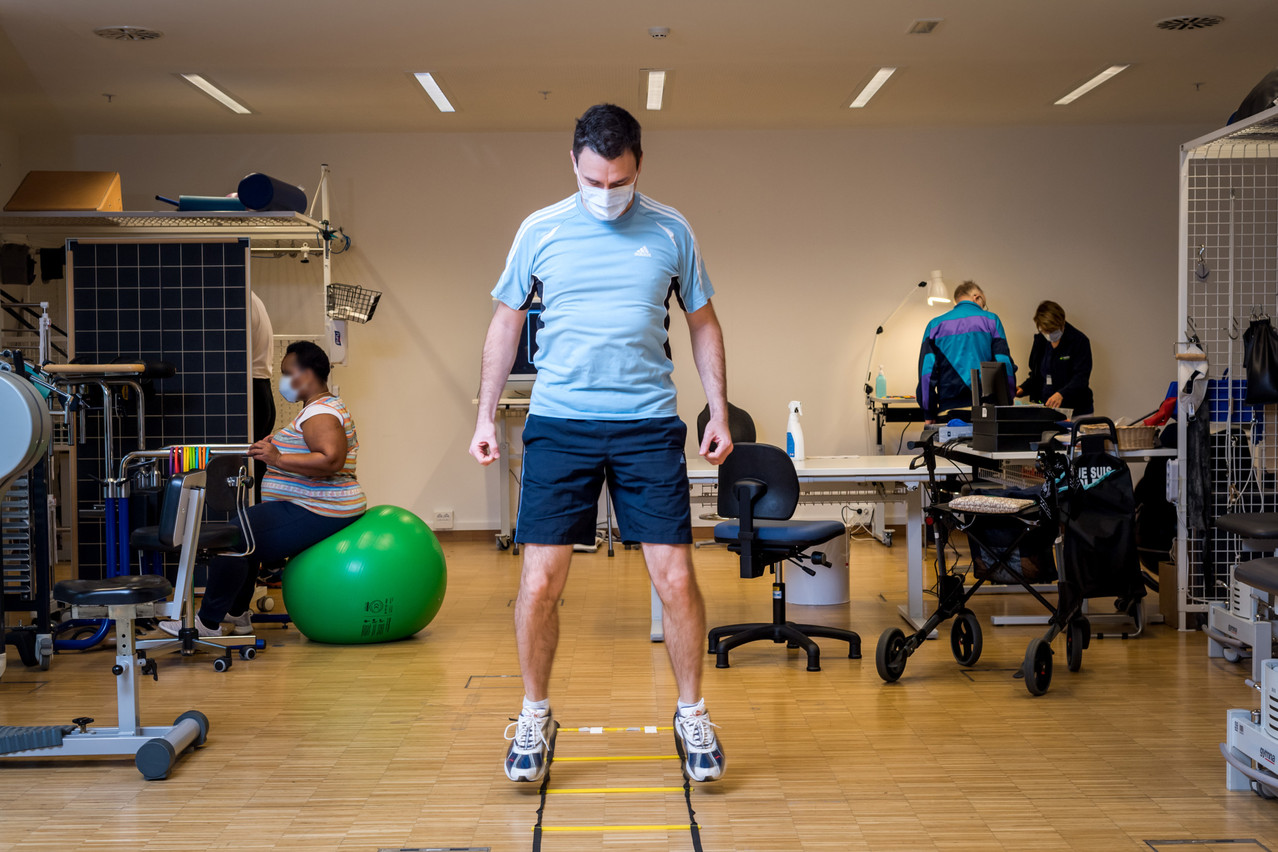They may have recovered from a covid-19 infection, but the aftereffects can remain for several weeks or months. These are the long-covid patients. It’s estimated that about 1% of the almost 70,000 cases of people infected to date in Luxembourg since March 2020 are affected, i.e. about 700 patients. The main symptoms they experience include persistent fatigue; neurological, cardiac and psychiatric disorders; and dyspnoea. The symptoms vary in presentation, intensity and duration.
Concerned by the phenomenon, Health Minister (LSAP) believes that “a pragmatic, rational and scientific approach to the management of these patients, within the framework of a shared, multidisciplinary medical decision, is necessary.” With this in mind, she presented the pilot project for a multidisciplinary care network for long covid at a press conference on Wednesday 7 July.
“Many patients are unable to recover from their post-acute phase, their lives are shattered, they are unable to resume a professional activity or even the usual activities of their daily life. They no longer recognise themselves in their daily lives and suffer from various ailments that do not allow them to return to their former lives,” Lenert added.
A central place for rehabilitation
Planned for a six-month period, with a dedicated budget of €1m, this pilot project will be launched on 1 August. It has been designed as a response to this emerging public health problem. “In the vast majority of cases, the management of these prolonged symptoms, in the course of a covid-19 disease, is carried out in primary care by general practitioners. However, for a certain number of patients in whom severe symptoms persist, additional examinations and coordinated multidisciplinary management in hospital are necessary to exclude a decompensation of co-morbidities following covid-19,” explained Dr Stéphanie Obertin, president of the Cercle des médecins généralistes, during the press conference.
A financing agreement was therefore signed with the network’s partner structures, in particular the national infectious diseases department of the Centre hospitalier de Luxembourg (CHL), the national centre for functional re-education and rehabilitation (Rehazenter) and the Mondorf Domaine Thermal.
“To date, the treatment of long-covid patients is essentially symptomatic, and re-education plays a central role: respiratory re-education in the case of pulmonary syndromes, olfactory re-education in the case of persistent smell disorders or exercise training, which must be carried out progressively and adapted [to] each patient,” explains Dr Gaston Schütz, general director of the Rehazenter. The exploration of anxiety and depressive disorders, functional disorders and the proposal of psychological or even psychiatric support are also considered at all stages of the follow-up.
